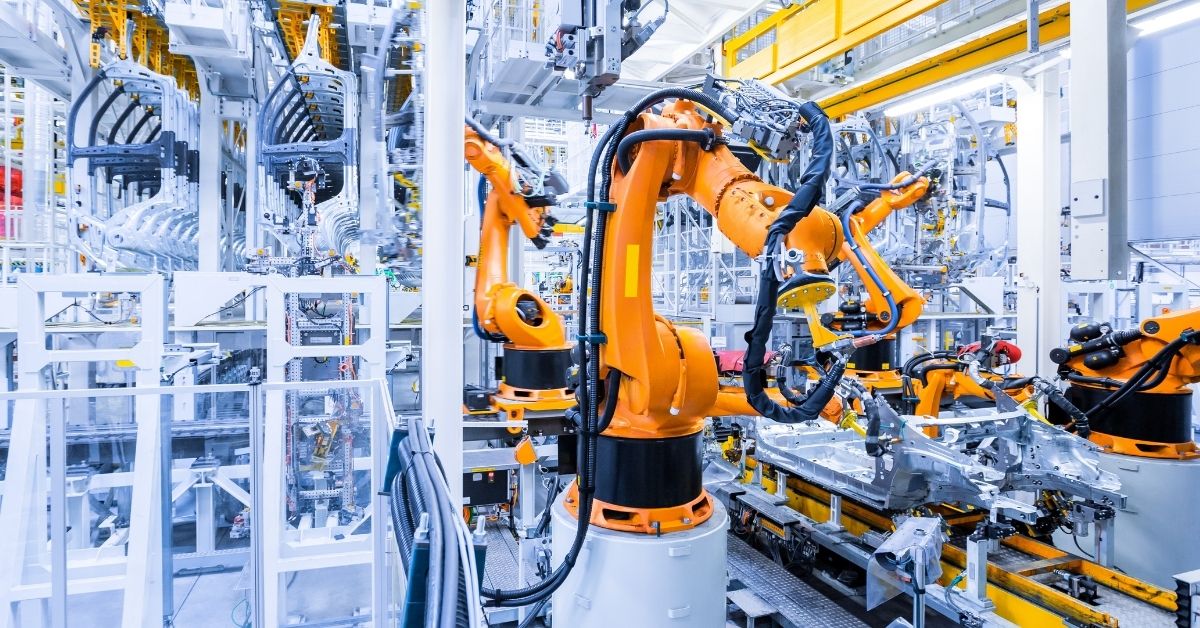Manufacturing Engineering – What it Involves
Manufacturing Engineering is the application of science to manufacturing. It involves the entire gamut of science, mathematics, and technology used in the manufacture of tangible goods. It also includes the design and creation of the machinery used in manufacturing. The aim of manufacturing engineering is to enhance the productivity of the company by improving the methods employed in production, the quality of materials used in production, and the efficiency with which the processes are conducted. Manufacturing engineers also play a vital role in the design and development of new products for sale.
Manufacturing engineering is a rapidly growing division of applied scientific engineering, which shares many similarities and distinct principles with many other disciplines of applied science. However, manufacturing engineering has been characterized by significant deviation from the principles of classical mechanics. In fact, the very name – manufacturing engineering – suggests an opposite relationship to classical mechanics.
Classical mechanics attempt to describe a process without reference to any particular material or structure. Thus, it attempts to qualitatively examine the relationship between input and output and attempts to assign a value to the various factors involved in the process. Manufacturing engineering, on the other hand, attempts to quantitatively examine the relationship between input and output as well as attempt to qualitatively determine the various factors involved in the process.
Manufacturing engineering attempts to derive meaning from the operation of a process, instead of attempting to assign a value to each factor involved in the process. Thus, manufacturing engineers may be regarded as rationalists who attempt to explain how and why certain processes take place. They attempt to model the process on a finite set of fundamental rules so that the resulting predictions of the process can be analytically tested. They thus attempt to reduce uncertainty about the prediction of the process result.
Manufacturing engineers must also pay special attention to design. Design is one of the most important principles of manufacturing because design determines the ultimate performance of a product. For example, the success of any production process depends upon the ability of the design to accurately predict the behavior of a final product at the time it is actually installed in the final location.
Engineers must pay great attention to design since manufacturing engineers are involved in virtually every aspect of product design. They oversee the development of designs and recommend changes if necessary, whether to improve quality, make products more accessible, perform better, or adhere to any other general principles of design.
The design of a product, which often incorporates numerous processes, must be sufficiently abstract and general enough to describe nearly all situations that could arise during the course of any production process. Thus, the requirements of any production process must be defined by a design which is sufficiently general to define each product design, but not sufficient to define the entire product design. By definition, a design for a production process cannot be completely accurate, since even the smallest detail can cause many problems. Production engineers therefore must pay special attention to the details of any design.
Another important principle of manufacturing engineering is the importance of flexibility. This holds true both in the design of the actual manufacturing process, as well as in the design of various parts that will be utilized in the manufacturing process. Manufacturing engineers must be capable of designing and producing any part that will be needed in the final product, while also being capable of changing or eliminating any part that is no longer required. In other words, the engineer must have both the ability to design and produce any part that is needed but must also be capable of eliminating or replacing any part that is no longer required.
Another important principle of manufacturing engineering is the need for simplicity. In other words, engineers must pay special attention to the details of any design, but must also be careful to ensure that the design is as simple as possible. Simplicity is especially important in components that may require frequent replacement or maintenance, such as motors and pumps, which can often break down over time, requiring expensive repairs and modifications.
Manufacturing engineering has a significant impact on how any given product or material is designed and built. Engineers must pay special attention to all aspects of the production process, from the design to the manufacturing phase itself. While the overall goal of any product may be to make the best product that it possibly can, in order to do so, the exact methods by which the product is manufactured must be carefully thought out and carefully planned. The effects of improper planning can be substantial. Therefore, every engineer should be highly skilled in all aspects of the manufacturing process.




